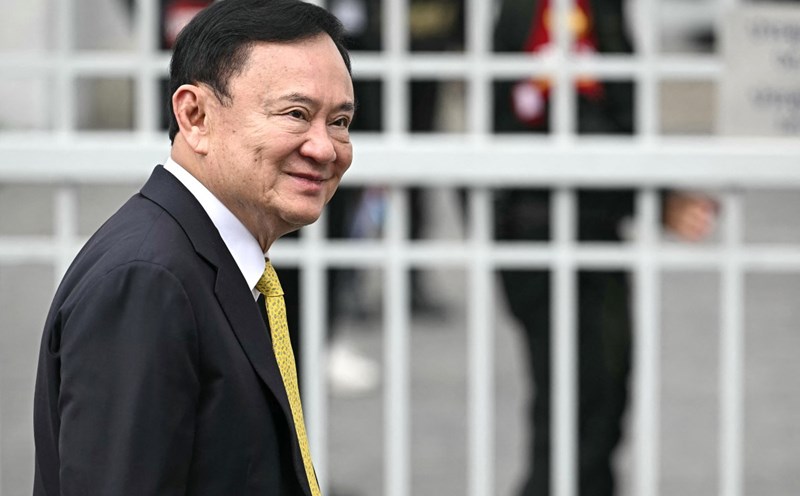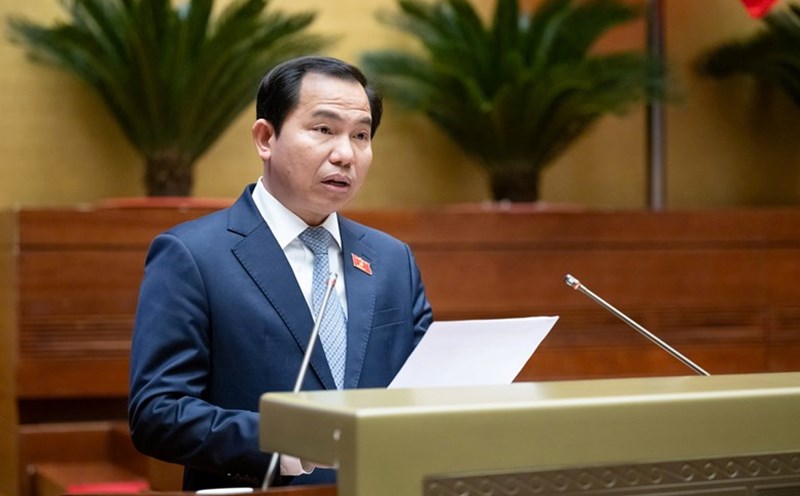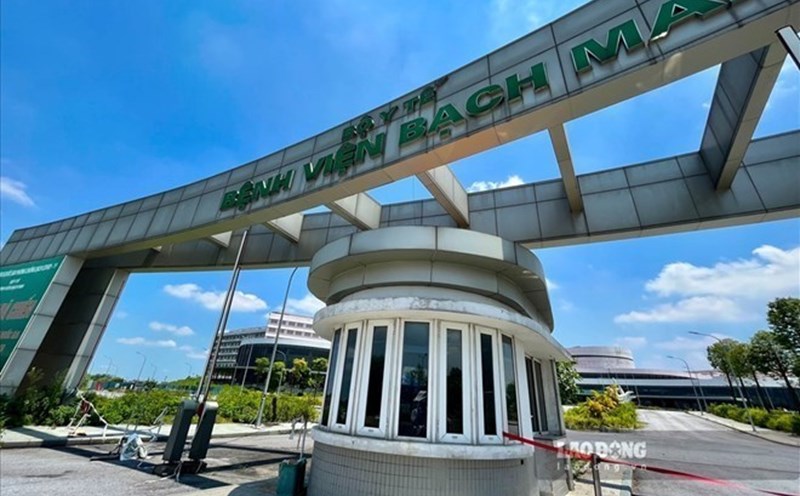On September 29, a senior source at the Thai Ministry of Justice said that the apology of former Thai Prime Minister Thaksin Shinawatra had been handled by the ministry and transferred to the Office of the Secretary General of the cabinet for consideration.
According to the source, all prisoners whose sentences have come into effect, including Mr. Thaksin, have the right to ask the King for forgiveness. This right is also applied to the wife, parents or children of prisoners through the Department of Education.
According to the procedure, after the Department of correction receives the petition, it will appraise the relevant details and submit them to the Minister of Justice, then send them to the Office of the General Secretary of the Council and the Secretariat.
The source emphasized that the prisoners' apology cannot be delayed, and must be submitted with a recommendation "should be granted amnesty" or "the current prison sentence is appropriate".
Whether or not to grant a pardon or a sentence reduction is completely up to the King and cannot be discussed.
The case of Thaksin, who had his sentence reduced from 8 years to 1 year, has raised questions about whether he has the right to seek another amnesty or a reduced sentence.
The source explained that Mr. Thaksin could have said that he had actually served a full year, including 6 months at the Central Police Hospital (PGH) and the remaining 6 months of a suspended sentence.
However, on September 9, the Supreme Court ruled that Mr. Thaksin did not have a serious illness, which could justify his treatment at PGH for 6 months, and that the 1-year prison sentence had not yet been carried out by the Department of Rehabilitation.











